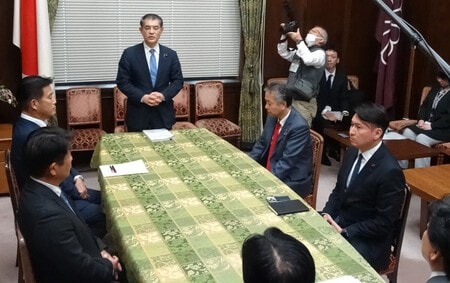The Japanese government has unanimously agreed to make high school education free of charge from the fiscal year 2026. This major reform aims to alleviate the financial burden on parents and encourage more students to complete their high school education. The implementation details of this decision are yet to be worked out, but the initial announcement has been met with positive responses from the public.
Education is highly valued in Japanese society, with many sacrifices made by families to ensure their children attain the highest level of education possible. The decision to make high school education free is seen as a progressive move to diminish income disparities and potentially level the playing field for students from diverse economic backgrounds. The agreement between the Self-Defense Party and the Public Party is likely reflecting societal demands for more government support in education.
In contrast to Japan, high school education is already free in the United States and many European countries, funded by taxpayer dollars. However, not all countries provide entirely free education, with some like the UK having policies around "school fees" for specific programs or extracurricular activities. Making high school education free brings Japan in line with many Western countries in terms of access to education.

